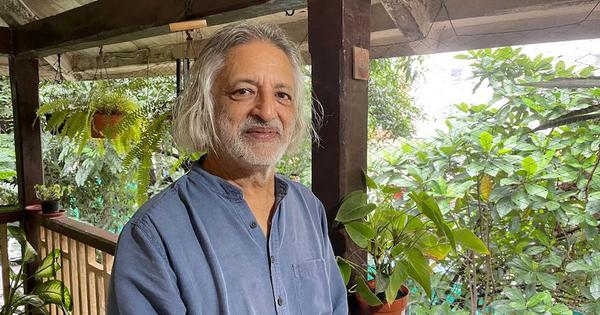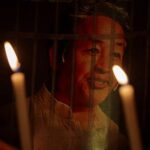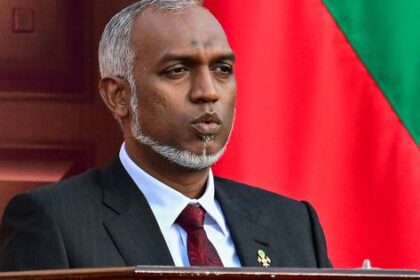Strong themes of social justice and activism define Anand Patwardhan’s influential documentary work over decades.
Renowned documentary filmmaker Anand Patwardhan recently shared his insights ahead of a retrospective at the G5A cultural centre in Mumbai, scheduled from October 2 to 5. The event will showcase ten of his thirteen documentaries along with two short films, encapsulating over five decades of his thematic explorations, which include human rights, majoritarianism, hyper-nationalism, casteism, ecological damage, and various protest movements.
Patwardhan, who is 75 years old, has become known for his ability to reflect societal injustices while also probing their underlying causes and potential solutions. His journey has not been without challenges; he has faced censorship and fought legal battles to ensure that his films reach a wider audience. His debut feature-length documentary, Waves of Revolution (1974), chronicled the Bihar Movement led by Jayaprakash Narayan against the oppressive regime of Indira Gandhi.
Throughout his career, Patwardhan has borne witness to a nation grappling with betrayal by its leaders, yet he finds hope in citizens committed to non-violence and the principles enshrined in the Constitution, which aims to protect all Indians, regardless of their beliefs. The G5A retrospective includes notable works such as Prisoners of Conscience (1978), which documents the plight of activists imprisoned during the Emergency, and A Time To Rise (1981), highlighting Punjabi farm workers in Canada who fought for better working conditions.
Another significant film in the lineup, Bombay: Our City (1985), critiques the harsh eviction policies affecting the city’s marginalized communities. A Narmada Diary, co-directed with Simantini Dhuru, addresses the non-violent resistance of the Narmada Bachao Andolan against the construction of the Sardar Sarovar Dam. Patwardhan’s War and Peace (2002) critiques the nuclear policies of India and Pakistan while showcasing peace initiatives on both sides.
The retrospective also features three of Patwardhan’s critical documentaries on religious fundamentalism. In Memory of Friends (1990) juxtaposes the legacy of revolutionary Bhagat Singh with the Khalistan movement, while Father, Son and Holy War (1995) explores the intersections of Hindu nationalism, masculinity, and the violent rhetoric employed by leaders from both Hindu and Muslim communities. Reason (2018) investigates the targeting of dissenters and minorities by Hindutva ideologies, detailing the assassinations of rationalist Narendra Dabholkar, Communist leader Govind Pansare, and journalist Gauri Lankesh.
Jai Bhim Comrade (2011) offers an in-depth examination of Dalit identity and activism, contrasting it with the backlash from upper-caste groups. His most recent work, The World is Family (Vasudhaiva Kutumbakam, 2023), reflects on his personal journey, influenced by the progressive values of his family.
Patwardhan’s formative years included a shift from an initial disinterest in cinema to a profound engagement with socio-political issues, particularly during his time at Brandeis University. The anti-war movement and exposure to influential thinkers like Gandhi and Frantz Fanon catalyzed his transformation from a passive observer to an active participant in social justice initiatives.
Though he began his filmmaking journey somewhat accidentally, Patwardhan has since used the documentary format as a powerful means of addressing inequities, inspiring generations to confront social issues head-on. He remains committed to the belief that art cannot be divorced from politics, a principle that continues to guide his work and advocacy.








